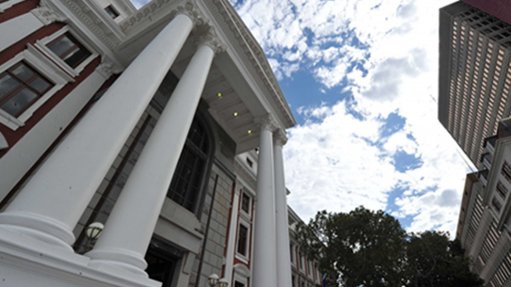
Photo by: GovtZA
An incorrect impression has been created in the media that Parliament intends “opposing” the Constitutional Court application by the United Democratic Movement (UDM) to have voting on the Motion of No Confidence conducted through a secret ballot. This is not entirely true, and does not reflect the position of Parliament articulated in the statement issued on Monday, 10 April.
We wish to state that, with regard to whether motions of this nature ought to be conducted by way of a secret vote, the Speaker of the National Assembly holds no position on the matter. Where the Speaker and the UDM disagree is in relation to the powers of the Speaker under the Constitution to make such a determination.
Section 102 of the Constitution, which outlines the procedure for motions of no confidence, makes no provision for voting to be conducted through a secret ballot. Similarly, the rules of the National Assembly do not provide for secret voting. In 2015 the Western Cape High Court dismissed an application which sought to force the National Assembly to vote on a motion of no confidence by secret ballot. The court ruled, among others, that there was no implied or express constitutional requirement for voting by secret ballot in motions of no confidence in the President.
The Speaker has sworn to uphold the Constitution and thus all her decisions must have basis in law and the Rules of the House. Therefore, acceding to the request of the UDM would have been unconstitutional, as she does not enjoy such powers in the Constitution.
This is the position the Speaker will advance when the matter is scheduled in the Constitutional Court. This, however, does not suggest opposition to the principle of a secret ballot on motions of this nature.
Issued by Parliament of the Republic of South Africa